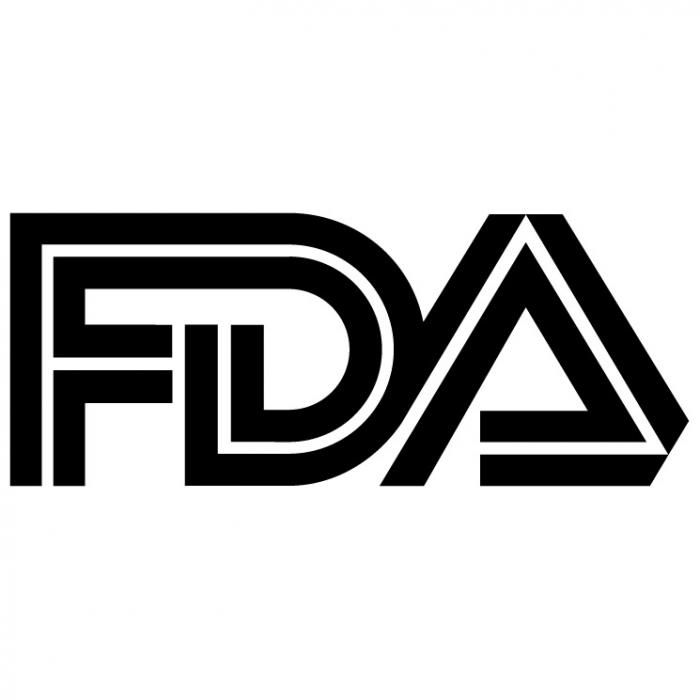FDA Approves Jivi
Bayer Receives FDA Approval for Jivi (antihemophilic factor (recombinant), PEGylated-aucl) for Prophylactic Treatment of Hemophilia A
WHIPPANY, N.J., Aug. 30, 2018 /PRNewswire/ -- Bayer announced today that the U.S. Food and Drug Administration (FDA) has approved Jivi® (BAY94-9027, antihemophilic factor [recombinant] PEGylated-aucl) for the routine prophylactic treatment of hemophilia A in previously treated adults and adolescents 12 years of age or older. The initial recommended prophylactic regimen for Jivi is twice weekly with the ability to dose every five days and further individually adjust to less or more frequent dosing based on bleeding episodes. The FDA also approved Jivi for on-demand treatment and the perioperative management of bleeding in the same population. This approval is based on results from the Phase 2/3 PROTECT VIII trial, which demonstrated bleed protection and safety of up to a median of 1.9 years (range of 0-2.6 years).1 Jivi is the third FDA-approved hemophilia A treatment in Bayer's Hematology portfolio.Jivi works by replacing the reduced or missing factor VIII (FVIII) in adults and adolescents 12 years of age or older with hemophilia A. Through its site-specific PEGylation, Jivi has a half-life of 17.9 hours that delivers sustained levels in the blood.1 Jivi is an important new treatment option in recombinant FVIII (rFVIII) replacement therapy. Recombinant factor VIII is the standard of care for hemophilia A and has proven efficacy and safety established over decades of clinical trials and real-world experience.
Treatment with Jivi was well tolerated in the majority of adult and adolescent patients in clinical trials. The most frequently reported adverse reactions in previously treated patients 12 years of age or older were headache, cough, nausea, and fever. A FVIII inhibitor (1.7 BU/mL) was reported in one previously treated adult subject. Repeat testing did not confirm the presence of a FVIII inhibitor.1
The FDA approval of Jivi is supported by results of the pivotal Phase 2/3 PROTECT VIII trial comprised of prophylactic dosing, on-demand treatment, and perioperative management in adults and adolescents 12 years of age or older with severe hemophilia A. One hundred and twenty-six patients completed the main study.1
Bayer has also submitted marketing authorization applications for BAY94-9027 for the treatment of hemophilia A in the European Union and Japan.
About Jivi (antihemophilic factor [recombinant] PEGylated-aucl)
Jivi is a recombinant factor VIII (rFVIII) replacement therapy, meaning it replaces the reduced or missing FVIII (a protein needed to form blood clots) in hemophilia A patients. Through its site- specific PEGylation, Jivi has a half-life of 17.9 hours that delivers sustained levels in the blood.1
Jivi is approved for the routine prophylactic treatment of hemophilia A in previously treated adults and adolescents 12 years of age or older. Jivi's initial recommended dosing regimen is twice weekly (30-40 IU/kg) with the ability to dose every five days (45-60 IU/kg) and further individually adjust to less or more frequent dosing based on bleeding episodes. The FDA also approved Jivi for on-demand treatment and the perioperative management of bleeding in the same population.1
About the PROTECT VIII Study
The PROTECT VIII study was a 36-week, Phase 2/3, international, open-label trial conducted in previously treated adults and adolescents 12 years of age or older with severe hemophilia A. Part A evaluated pharmacokinetics, efficacy and safety of Jivi for on-demand treatment of bleeds and for prophylactic therapy at different dosing regimens. An optional extension study was available to subjects who completed Part A to assess Jivi over at least 100 accumulated exposure days. Part B evaluated safety and efficacy of Jivi during major surgery.1
About Hemophilia A
Hemophilia has an estimated frequency of 1 in 5,000 male live births and affects approximately 400,000 people around the world, including an estimated 20,000 in the U.S. today.2 It is a largely inherited disorder in which one of the proteins needed to form blood clots is missing or reduced. In hemophilia A, the most common type of hemophilia, blood clotting is impaired as a result of a lack or defect of coagulation factor VIII. Patients therefore repeatedly experience bleeds in muscles, joints or other tissues, which can result in chronic joint damage. External injuries, even if they seem trivial, can have serious consequences if not treated appropriately.
Hemophilia treatment has advanced considerably over the past decades, with life expectancy for people with hemophilia significantly increasing from about 11.4 years in 1920 to a potentially normal life span today.3

